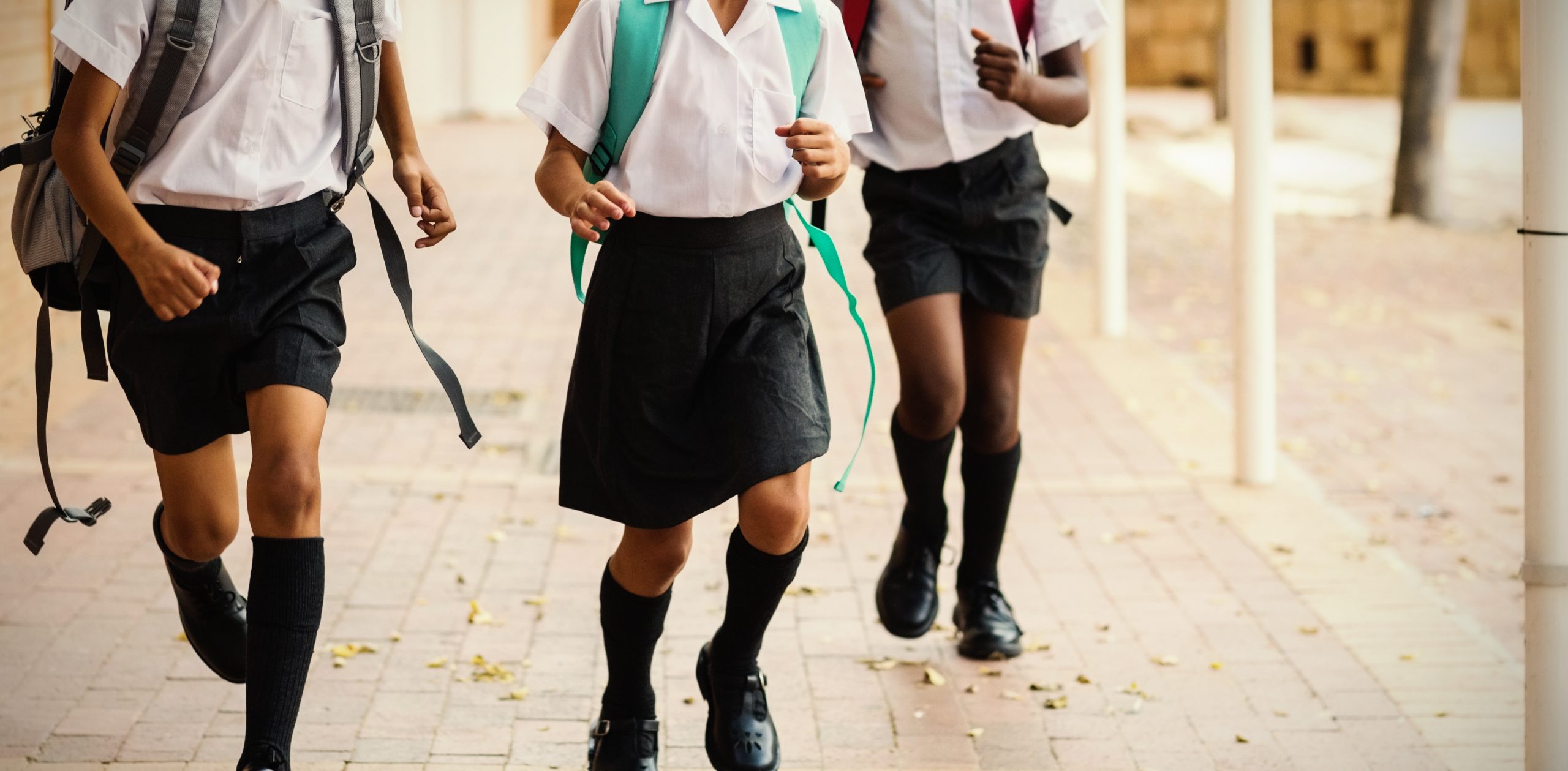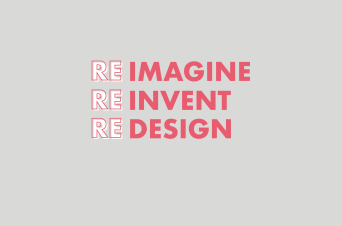
Radical evolution in UK education
blog | Words Sarah Gillinson | 24 Aug 2023
What are the minimum ingredients for radical evolution in UK education?
Before the summer holidays, we were privileged to spend time with some of the bravest, most brilliant educators in the UK. All of them committed to supporting all young people to thrive, and contribute positively to the world around them. All reflecting together on Valerie Hannon and Tony Mackay’s excellent provocation, A New Politics for Education.
I’m used to coming out of these kinds of sessions fired up and ready to reform our education systems top to toe. This time, the collective feeling in the room was different.
How do we hold on to our commitment to transforming education in the UK and take account of our political and economic context at the same time?
There are so many big challenges we face in the UK: education is one of many public services creaking at the seams, alongside a climate crisis, persistent inflation, a shrinking workforce and war in Europe. The current teaching workforce has largely grown up teaching young people in traditional subjects, and to pass exams. School leaders are paralysed by Ofsted, and the vast majority of parents think it is reliable. Tough starting points for politicians to prioritise ‘top to toe’ transformation of education.
In amongst all of this, how could we create enough space for transformative change to brew? A very brave, very small number of education leaders and practitioners are already doing such work. What would it take to incentivise and nurture a broad-based movement of young people, parents, business, communities and education professionals to grow in support of such educational transformation? And could that energy and story bring politicians along with it to fund and champion further and more difficult reform over time?
What would be the minimum, necessary ingredients to kickstart and nurture ‘radical evolution’ of our school system in the UK?
Listening to this brilliant group, I heard that there are three ‘minimum ingredients’:
- Set some big, long term goals for the society we want to grow in the UK
- Get rid of the biggest barrier to the evolution of education
- Invest in developing and spreading teaching practices that will help all young people to flourish
…then allow the ‘radical evolution’ to emerge, and follow where it leads.
Encouragingly, this marries strongly with recent work by Big Education that distils three big drivers to transform education systems, from learning around the globe. The drivers are Purpose, Power and Practice: change the goals, change accountability, invest in new practice – and create greater space for more voices to shape the future of learning.
1. Set some big, long-term goals
Valerie and Tony argue in their paper for a new purpose for education – focused on human flourishing, rather than passing subject-based exams. I couldn’t agree more. Although it feels like a tough political gig to argue for a radical new future for education when we are trying to stop the NHS from falling over, school buildings from falling down, or stem the cost of living crisis, longer-term goals describe a real vision for the kind of society we want to be in ten or twenty years time. Such goals can create the space to ask how education, health systems, climate policy, economic development, and many other systems and sectors, could best contribute to a flourishing UK, contributing positively to the world, in the context of immense global change. This is stronger strategically (all of these issues are interdependent, all need long-term reimagining) and offers more protection to education transformation.
Perhaps most importantly, this could create demand for change from parents and learners – the biggest ingredient in the movement building described in a New Politics for Education. It would incentivise schools and Trusts to engage their communities in conversations about what else education should be doing to equip young people to help achieve those big, long term goals. It would encourage parents – a powerful political force – to look for and ask for more.
And it would create some cover for innovators.
They would no longer be deviants from the set path, but contributing to the future and building a narrative for learning that others could see, join and contribute to – and that over time, politicians could follow.
2. Get rid of the biggest barrier
Ofsted. The penalties for deviating from Ofsted’s template for schools are catastrophically high – personally and organisationally. Even before the terrible tragedy of Ruth Perry, Ofsted has had the power to make and break careers and lives with its one-word judgements of schools and their leaders.
In the spirit of ‘minimum ingredients’, two kinds of reform to Ofsted seem necessary:
- Expand the restrictive straightjacket against which Ofsted judge schools to include contributions to those ‘big goals’ for society (minimum ingredient 1).
- Get rid of the single word approach. Replace it with a summary of the strengths and weaknesses of the school. This would enable parents to match their priorities with those of the school, local areas to build a portfolio of different strengths, and peers nationally to know where to turn for learning in different disciplines.
Modest changes politically – with the potential to lower the ‘catastrophic consequences’ of a poor inspection and open up more space for transformative education to contribute to those ‘big goals’. This might also create some space for plurality in our school system – different versions of ‘good’ for different places, contexts and young people including approaches which focus on academia, real world learning, creative arts, outdoors, entrepreneurial and much more.
3. Invest in developing and growing teaching practices that help all young people to flourish
Evidence from around the globe offers lots of hints about the kinds of teaching practice that engage and motivate all young people to find their passions, achieve and fulfil their potential: personalised learning, real world collaborative learning, student enquiry, student projects and metacognitive strategies are common foundations. These are frequently combined with direct instruction as part of a range of teaching strategies. This blend of approaches would place quite different demands on teachers currently driven to teach to the test.
Many teachers now in the profession have only known the current system. It is a huge ask to pivot that workforce to expand their practice overnight. Some may not be suited to it. I’d argue that the minimum ingredient for this kind of workforce pivot is investing in developing, codifying and spreading teaching practices that demonstrably contribute to all young people flourishing and contributing to the world around them.
In the spirit of good research and development, this would combine investment in things that are already working (like the welcome focus in Keir Starmer’s recent speech on Oracy), promising new practice, and the seeds of brilliant new ideas. It would focus on generating demand for, and supporting people to learn these new practices, as much as on surfacing and codifying the practice itself.
If these are the minimum ingredients, the next would be to create time and space for radical evolution to emerge in the form of that broad-based movement of do-ers and advocates. This would give something very tangible for politicians to follow – having exercised the bold leadership of planting those minimum ingredients in the first place.
There are lots of things this list doesn’t touch on: reform of assessment; curriculum development; class sizes; Academisation; workforce reform; vocational vs academic education; and much more. This is conscious. If we can seed a broad-based movement for radical evolution in education, grounded in practice, doubtless many of those things would emerge as future priorities for reform. And we would potentially be operating in a substantially different environment by then – one in which a new narrative about schools and the purpose of education had already taken hold, and where politicians might find firmer ground on which to make difficult choices.
We welcome your thoughts; do reach out to Sarah Gillinson if you’d like to continue the conversation.
Read more about our work in education

Collaboratively designing an improved school system for Bermuda
12 Jan 21

School Design Lab
School Design Lab brings a practical, holistic approach to the challenge of school design, backed up by a wealth of experience and insight from across the world.
01 Nov 17

How to get the schools we need? Rethink their purpose
We need an overarching goal for schools that is aligned to the new reality we are in.
12 Mar 21